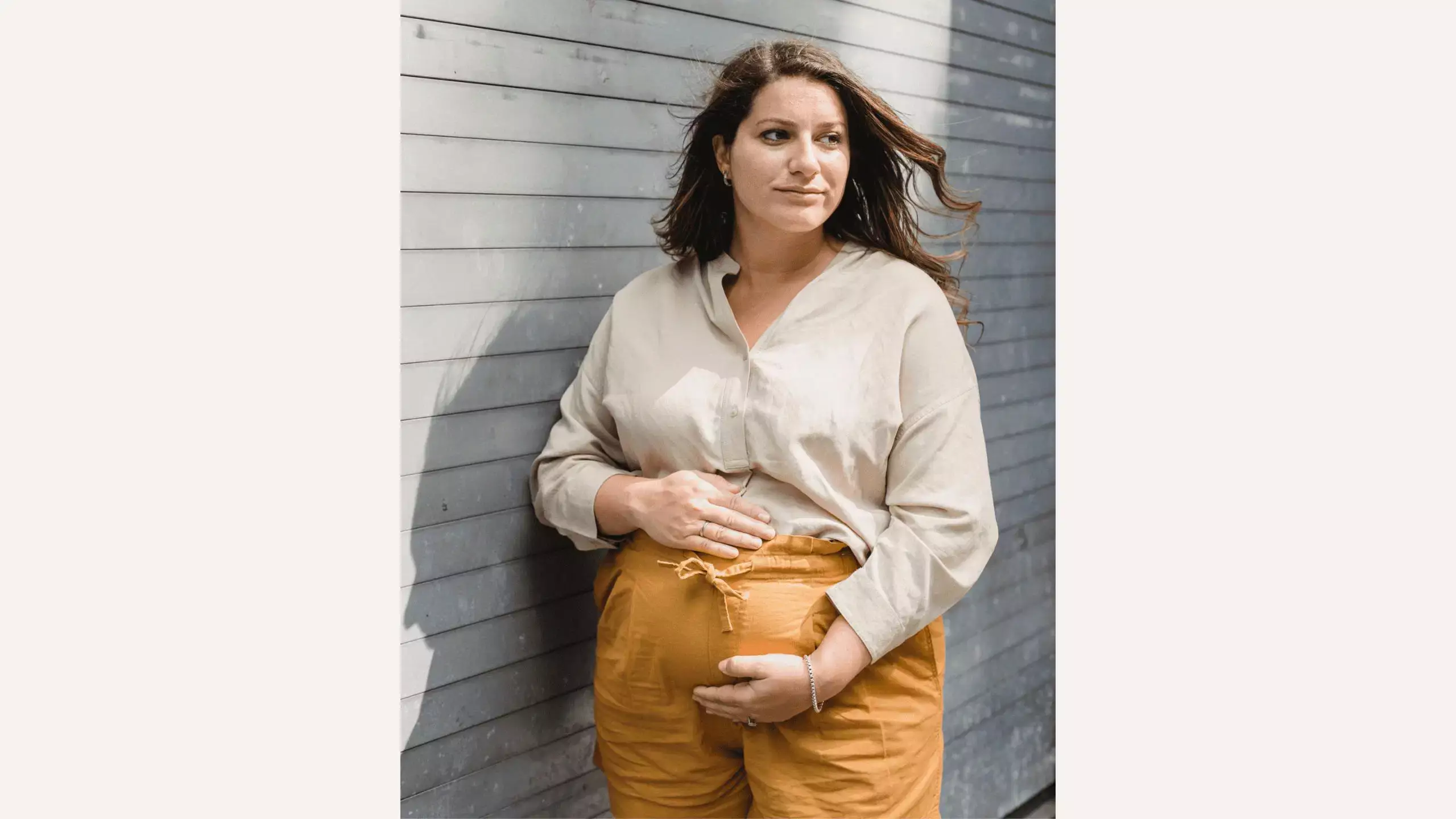Pregnancy represents a transformative yet vulnerable phase in a person’s life. As the body undergoes countless changes to nourish and protect a developing baby, the risk factors associated with illnesses, such as COVID-19, become increasingly pronounced. Recent studies have shown unequivocally that the danger posed by COVID-19 during pregnancy far outweighs the potential risks of vaccination. This juxtaposition presents a powerful argument in favor of COVID-19 vaccination for pregnant individuals—especially during the first trimester when many are understandably apprehensive.
A study published in the New England Journal of Medicine (NEJM) escalates the conversation around vaccine safety, specifically highlighting data from a Norwegian health registry. Researchers found no increased risk of early miscarriage in pregnant women who received the COVID-19 vaccine during the critical early months of gestation. This evidence not only reassures women who decide to get vaccinated but also supports broader claims that vaccination is an essential safeguard during pregnancy.
Addressing the Fears
Despite the compelling data supporting vaccine safety, many pregnant women grapple with vaccination hesitancy. Concerns range from potential vaccine side effects to misconceptions about the implications for both mother and child. It’s essential to acknowledge these fears while simultaneously emphasizing the urgency of the situation. After a tumultuous spike in COVID-19-related deaths among pregnant individuals in late summer 2021, the risk of contracting the virus during pregnancy became all too palpable.
Data has consistently shown that those who are pregnant face significantly higher chances of hospitalization and severe outcomes from COVID-19. Hence, while the apprehensions surrounding vaccines during pregnancy are legitimate, they must be balanced against the stark reality of the virus’s potential consequences.
Vaccination: A Shield for Mother and Child
Immunization doesn’t just protect the person receiving it; it plays a crucial role in safeguarding newborns. When a mother is vaccinated, antibodies can be transferred to her developing baby, offering a layer of protection during the delicate early weeks and months of life when vaccinations aren’t yet an option. This maternal immunity is vital as it can ward off infection, providing a healthier start for infants before they are eligible for their own vaccinations.
Furthermore, the Centers for Disease Control and Prevention (CDC) highlights the advanced protection vaccination can offer, not just for mothers themselves but for their newborns as well. The implication is clear: vaccination during pregnancy is not only a personal health decision but also one that can affect an infant’s health and wellbeing, potentially avoiding hospital stays and severe illness during a time when they are particularly defenseless.
The Broader Public Health Perspective
Health organizations, including the CDC and American College of Obstetricians and Gynecologists, consistently advocate for vaccination as a necessary public health measure. As pregnant individuals are referenced frequently in studies and health findings, the collective decision of this demographic to get vaccinated can significantly impact community health outcomes. The more people who are vaccinated, the lower the overall transmission rate of the virus becomes, protecting those who may not be eligible for vaccination, including infants.
Moreover, looking at vaccination through a public health lens amplifies the importance of creating environments conducive to informed decision-making. Pregnant individuals should not only receive compelling data and facts about vaccine safety but also emotional and psychological support that acknowledges their fears and addresses their concerns.
The Call to Action for Expecting Parents
The era of COVID-19 has indeed introduced unprecedented complexities to pregnancy, but with protocols in place, such as vaccination, pregnant individuals no longer have to navigate this journey alone. Empowerment lies in making informed choices based on comprehensive health data, understanding individual health risks, and securing the best possible outcomes for themselves and their families.
Investing in education and open conversation about vaccination can galvanize action in communities, encouraging pregnant people to take the step towards securing not only their health but also that of their newborns. Taking ownership of such choices paves the way for healthier generations to come.

